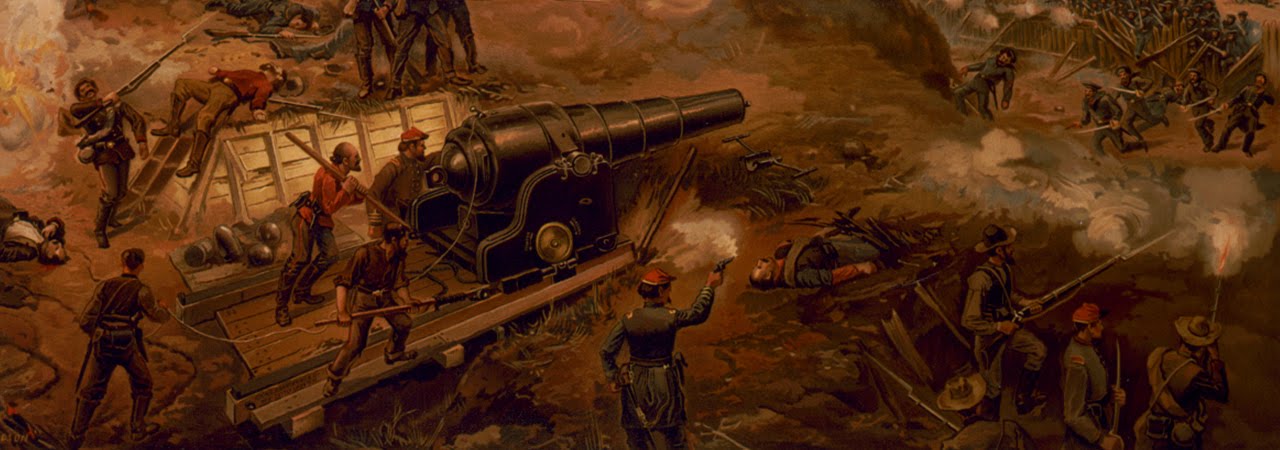In 1902, Bragg was appointed Consul General to Havana, but later that year was transferred to Hong Kong by President Theodore Roosevelt because he disliked living in Cuba.
When he returned to the United States from that posting in 1906, he was in San Francisco and had just retired to bed at a hotel and the chandelier above his wife and his bed started shaking and then crashed down on their bed. They had returned just in time for the San Francisco Earthquake of April 18, 1906.
They were not hurt, but they lost all their possessions in the fire that took place afterwards. They went and joined the many other city residents who slept outdoors at Knob Hill.
The book ends in December 1907, when Edward Bragg retired from his law practice.
He died June 20, 1912, at the age 85. Beside his monument at Fond du Lac's Rienzi Cemetery stands a broken pillar for his only son, William Kohl Bragg, who died at age 22.
Along with William Bragg and his wife Cordelia they had two daughters, Kate and Margaret. Their children were known as Will, Kit and Daisy.
--Old Secesh
